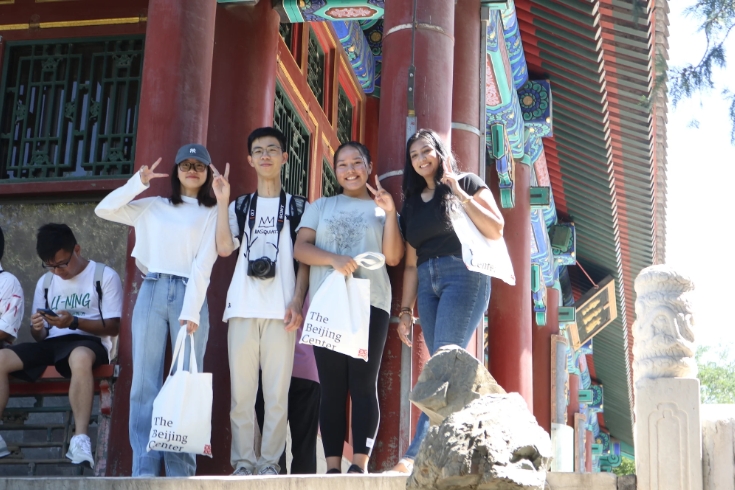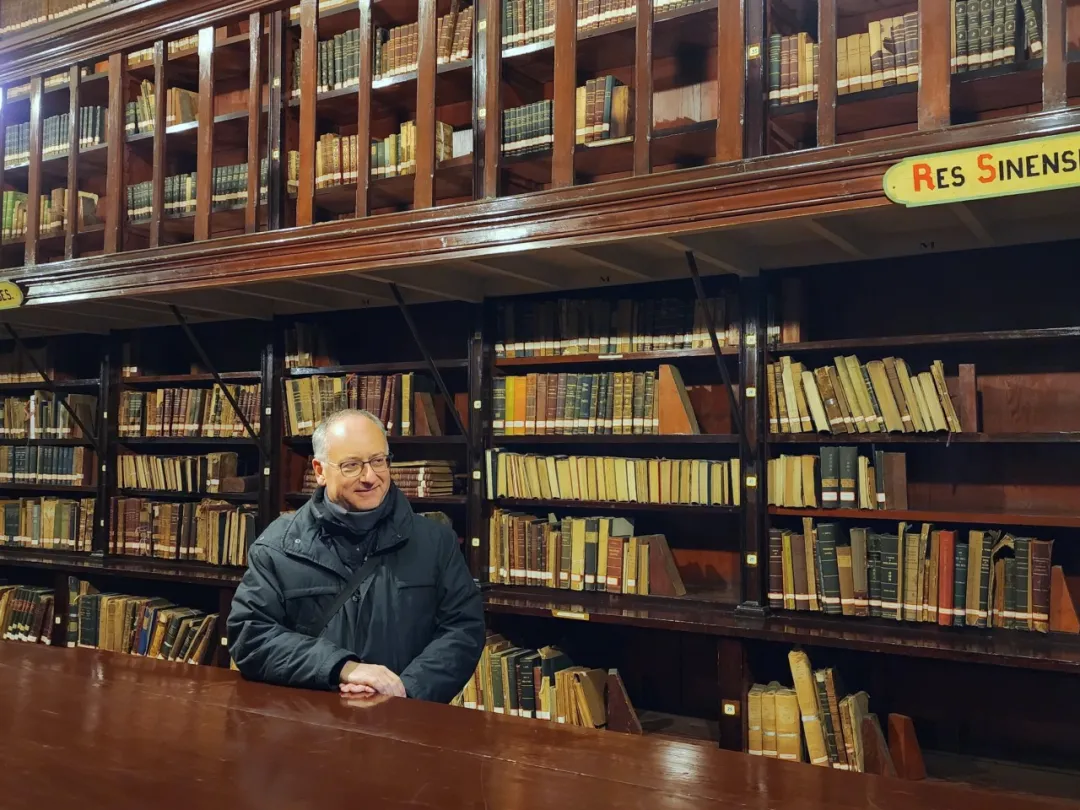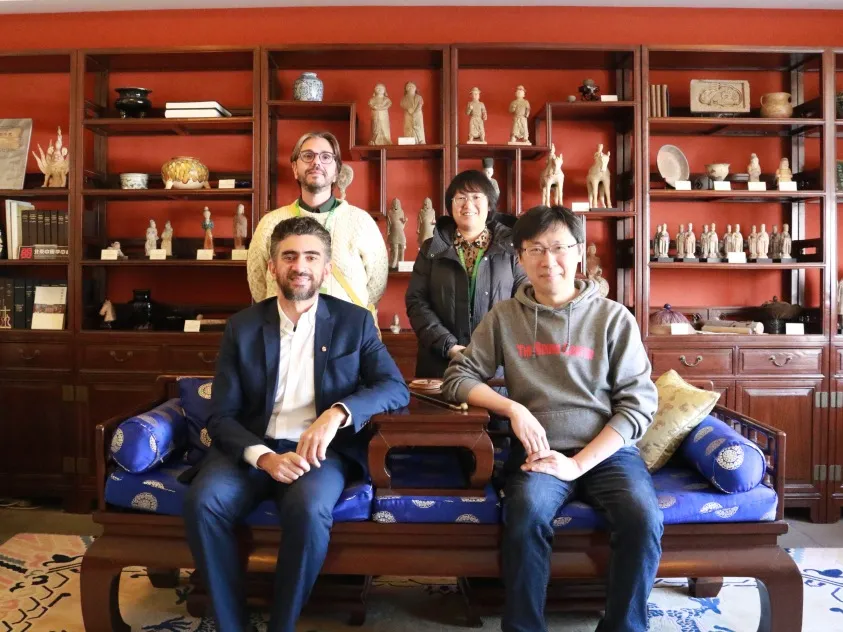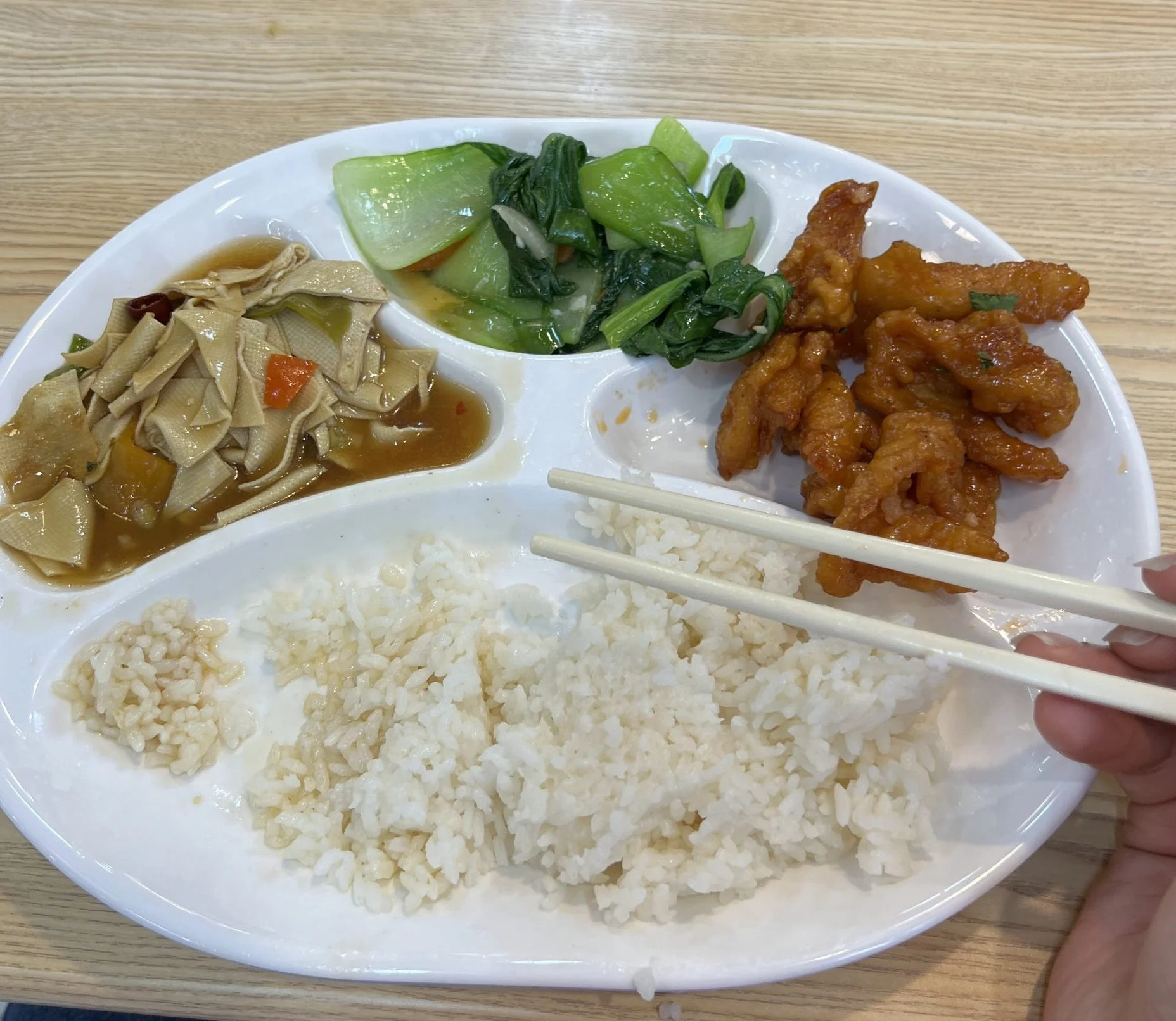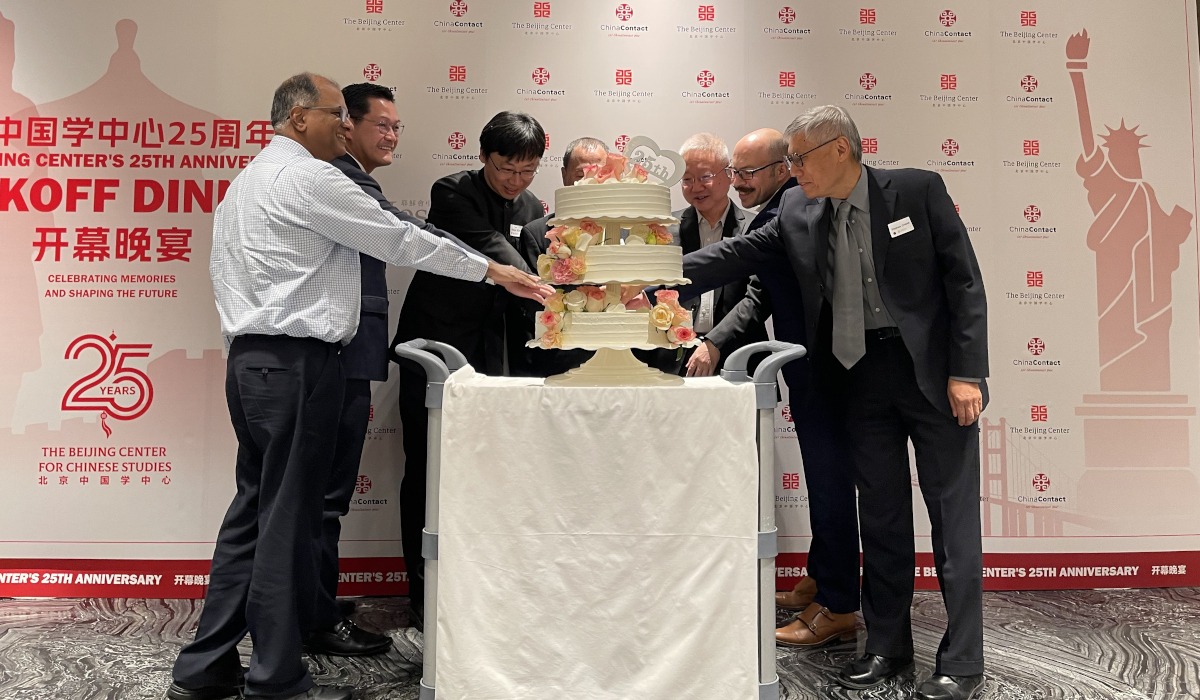
Yunnan Excursion Trip: Exploring the Huayao Yi people and Dai people’s Ethnic Charm
Each year, TBC would take students to two Excursion Trips, one in Yunnan, and one in Silk Road, to explore China deeply. For students of Spring 2024 this time, after three weeks of arriving in China, they went on the excursion trip to Yunnan province in Southwest China. As China’s most ecologically and culturally diverse province, Yunnan offered the students an opportunity to delve into the rich tapestry of minority cultures, notably the Yi, Dai, Naxi, and Bai peoples. This expedition provided an in-depth look into the region’s history, culture, and ecology.


